Very few fruits outshine the flavor and delectability of peaches. Historically rooted in China, the cultivation of peaches spread to the rest of the world fairly early in history.
Peaches are classified as “stone fruits” or “drupes,” as they contain a single, inedible pit at the center, sharing characteristics with other fruits in its class such as cherries, mangoes and — believe it or not — almonds.
Peaches are often confused with nectarines. However, nectarines, which are slightly more susceptible to diseases like brown rot, are actually a variety of peach. The difference between peaches and nectarines is that peaches have fuzzy skin while nectarines do not. Either way, the skin is edible and delicious.
Peach trees are relatively small at 10 to 13 feet. Dwarf varieties stand at 4 to 6 feet. There are two varieties of peach: freestone and clingstone, with the difference depending on whether the seed is firmly “stuck” to the flesh or can be easily removed. With more than 200 different varieties, California produces more than 49% of the peaches in the U.S.
Health Benefits of Peaches
Low in saturated fat and lacking any cholesterol, peaches contain an impressive assortment of vitamins and minerals that make them truly nutritious. Other than the 6.6 milligrams of vitamin C per 100-gram serving, all the other nutritive contents are low, but wait until you learn just how many there are and what they can do.
Vitamin C does much more than help fight infection. It’s an antioxidant that scavenges free radicals looking to damage the cells in your body. It is also required for collagen synthesis and tissue healing.
Peaches have an oxygen radical absorbance capacity (ORAC) value of 1814, but it’s important to know that a can of store-bought peaches in heavy syrup gets an ORAC score of 436. This indicates that for all the antioxidants fresh peaches may have, they’re practically obliterated in the canning/sugar-dousing process.
The beta-carotene in peaches is converted to vitamin A, also known as retinol, which is essential for sharp eyesight. It also helps protect against lung and mouth cancers, and helps maintain healthy mucous membranes and elasticity in the skin due to its polyunsaturated fatty acid content.
Peaches also contain an abundance of minerals, such as potassium, an enzyme component used to digest foods, help regulate the heart rate and lower blood pressure. The iron in peaches is required for red blood cell formation and for carrying oxygen from your lungs throughout the rest of your body.
Another health benefit of peaches is their flavonoids, such as zeaxanthin and lutein, which work together to help lower the risk for macular degeneration, cancer and heart disease. Cryptoxanthin is another flavonoid, which has antioxidant abilities to help reduce the risk of cancers and degenerative diseases.
Other attributes of peaches definitely worth mentioning are vitamin E, vitamin K and niacin, and to a lesser but significant degree, magnesium, calcium and phosphorus. It’s best to consume peaches in moderation, as they contain fructose, which may be harmful to your health in excessive amounts.
It’s also advised to purchase organic peaches, since inorganic ones often contain high concentrations of pesticide residue, according to the Environmental Working Group (EWG). For more information on other high-pesticide fruits and vegetables, check out EWG’s Dirty Dozen list. Learn more about the nutritional value of peaches with the help of the nutrition facts table below:
Peaches Nutrition FactsServing Size: 3.5 ounces (100 grams), raw |
||
| Amt. Per Serving |
% Daily Value* |
|
| Calories | 39 | |
| Calories from Fat | 2 | |
| Total Fat | 0.25 g | |
| Saturated Fat | 0.019 g | |
| Trans Fat | ||
| Cholesterol | 0 mg | |
| Sodium | 0 mg | |
| Total Carbohydrates | 9.54 g | |
| Dietary Fiber | 1.5 g | |
| Sugar | 8.39 g | |
| Protein | 0.91 g | |
| Vitamin A16 mcg | Vitamin C | 6.6 mg |
| Calcium6 mg | Iron | 0.25 mg |
Studies on Peaches
A study was conducted to evaluate the cancer-inhibiting ability of peach extracts (the Rich Lady variety) as well as plum extracts and to identify the natural chemopreventive and chemotherapeutic compounds they contain. Scientists found that phenolic acids, procyanidins, anthocyanins and the flavonoid quercetin in peach extracts effectively inhibit (to varying degrees) the proliferation of certain breast cancer cell lines.
Bioactive compounds in peaches, plums and nectarines were found to help inhibit obesity-related diabetes and cardiovascular disease, according to other research. Studies showed that the anthocyanins, chlorogenic acids, quercetin derivatives and catechins from these fruits — working in combination with and by themselves — also have the ability to reduce LDL or “bad” cholesterol, obesity and the inflammation that comes from metabolic syndrome.
Peaches Fun Facts
Peaches have been on a worldwide journey throughout the ages. Native to China, they were believed to have been cultivated there since 1,100 B.C. based on historical and archeological evidence. Through the ancient Silk Road, the fruits were carried for cultivation in Europe. The Romans and Greeks called them “Persian apples” after the country that introduced them.
Spaniards introduced peaches to South America, and the French were responsible for introducing them to Louisiana. Columbus brought peach trees to America on his second and third voyages, followed by colonists who took them from England to grow in their new American home.
Summary
Packed with flavor and nutritional value, peaches are versatile, delicious and among the handful of plant-based foods that travel tolerably, making them a great lunchbox treat. Beyond their juicy goodness, peaches contain vitamins and minerals that keep the body at optimum health: vitamin C, vitamin A, potassium, B-carotenes, and the flavonoids lutein, zeaxanthin and cryptoxanthin.
With these nutrients in tow, peaches may provide many health benefits, such as free radical-scavenging, improved eyesight, protection against infection, lowered blood pressure, a healthy heart rate and even lowered incidences of cancer and heart disease. So eat a peach — they’re good for you!


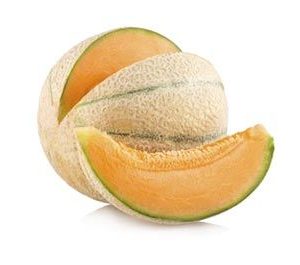
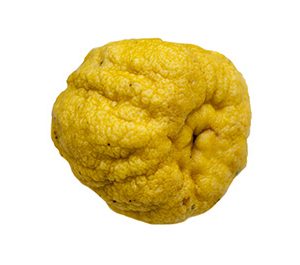
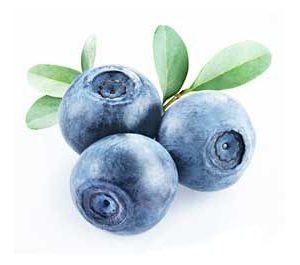
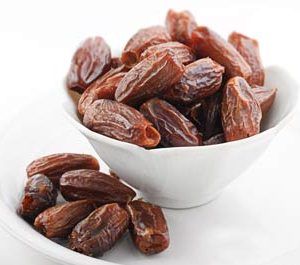
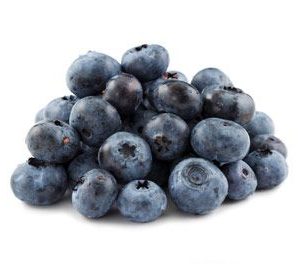
Reviews
There are no reviews yet.